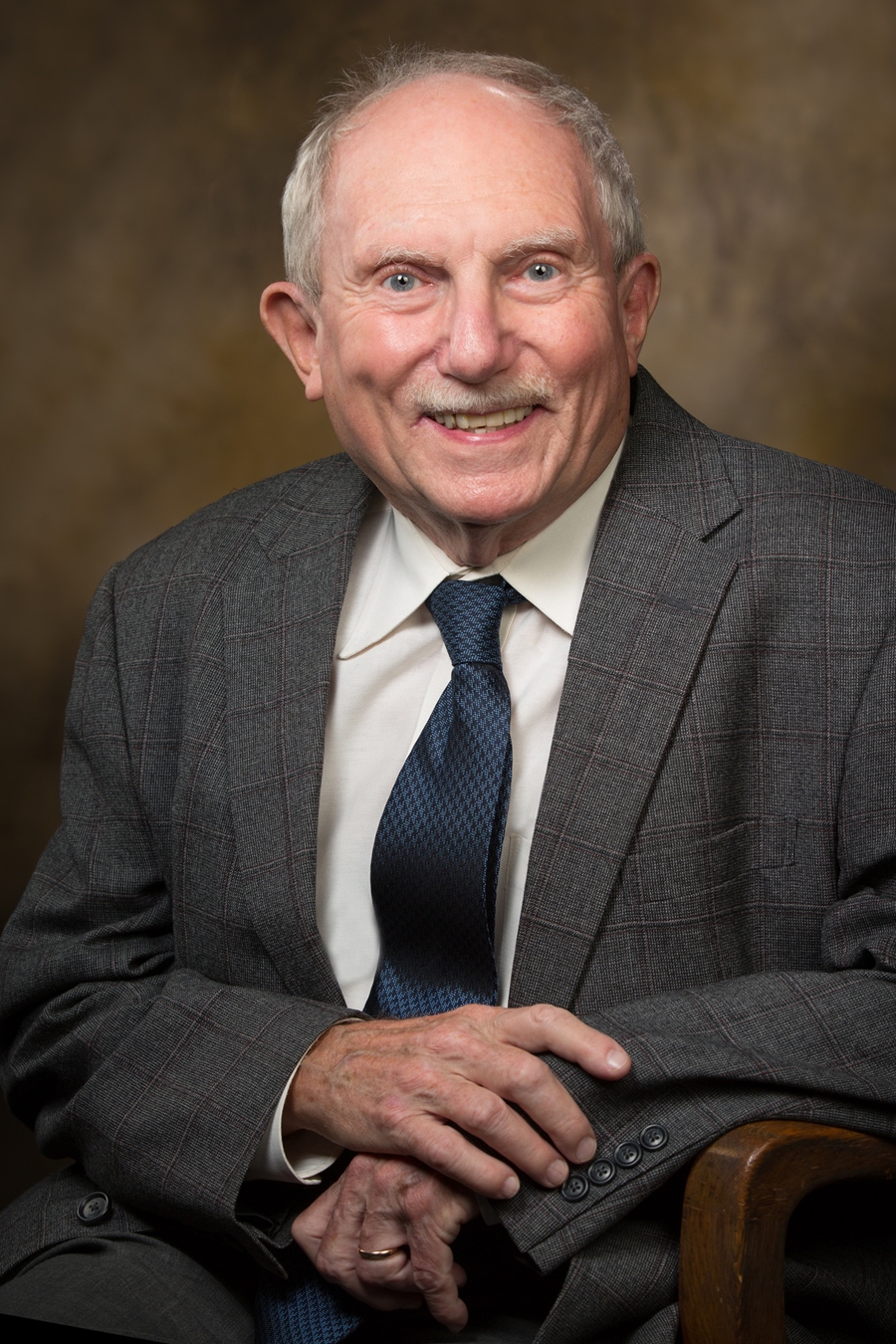Peter Pulay, professor emeritus of the Department of Chemistry and Biochemistry in the J. William Fulbright College of Arts and Sciences, was recently named the recipient of the 2017 American Chemical Society Award in Theoretical Chemistry.
The prestigious award is given to one recipient a year, in recognition of their innovative research in theoretical chemistry, that either advances theoretical methodology or contributes to new discoveries about chemical systems.
According to the American Chemical Society, emphasis in the selection process is on work characterized by depth, originality, and scientific significance.
"I can think of no better recipient than Peter," said Wesley Stites, chair of the Department of Chemistry and Biochemistry. "He is well-deserving of this honor, and is in great company — past recipients of this award include multiple Nobel Prize winners as well."
Pulay joined the university in 1982 and retired in 2016. He is among the top 300 most highly cited living chemists in the world, with one of his publications cited 3,905 times and five others each cited more than 1,000 times. His total body of work has been cited more than 27,000 times and he holds the title of "Citation Classic" by the Institution of Scientific Information.
"We are incredibly proud to have him represent our university, college and department," Stites said.
Prior to his retirement, Pulay was a distinguished professor and held the Roger Bost Professorship of Chemistry and Biochemistry.
Pulay is considered by his peers to be one of the top five researchers in his field. He has received numerous honors including the Medal of the International Academy of Quantum Molecular Sciences, the Alexander von Humboldt Senior Scientist Award and the Schröedinger Medal of the World Association of Theoretical and Computational Chemists.
Early in his career he developed techniques for determining the shape and size of molecules that would permanently change the way scientists study matter.
His approach is now widely used by theoretical chemists around the world, and the Royal Swedish Academy credited this work to being crucial in a 1998 Nobel Prize.
Topics
Contacts
Wesley Stites, chair, Department of Chemistry and Biochemistry
J. William Fulbright College of Arts and Sciences
479-575-7478, wstites@uark.edu
Andra Parrish Liwag, director of communications
J. William Fulbright College of Arts and Sciences
479-575-4393, liwag@uark.edu
